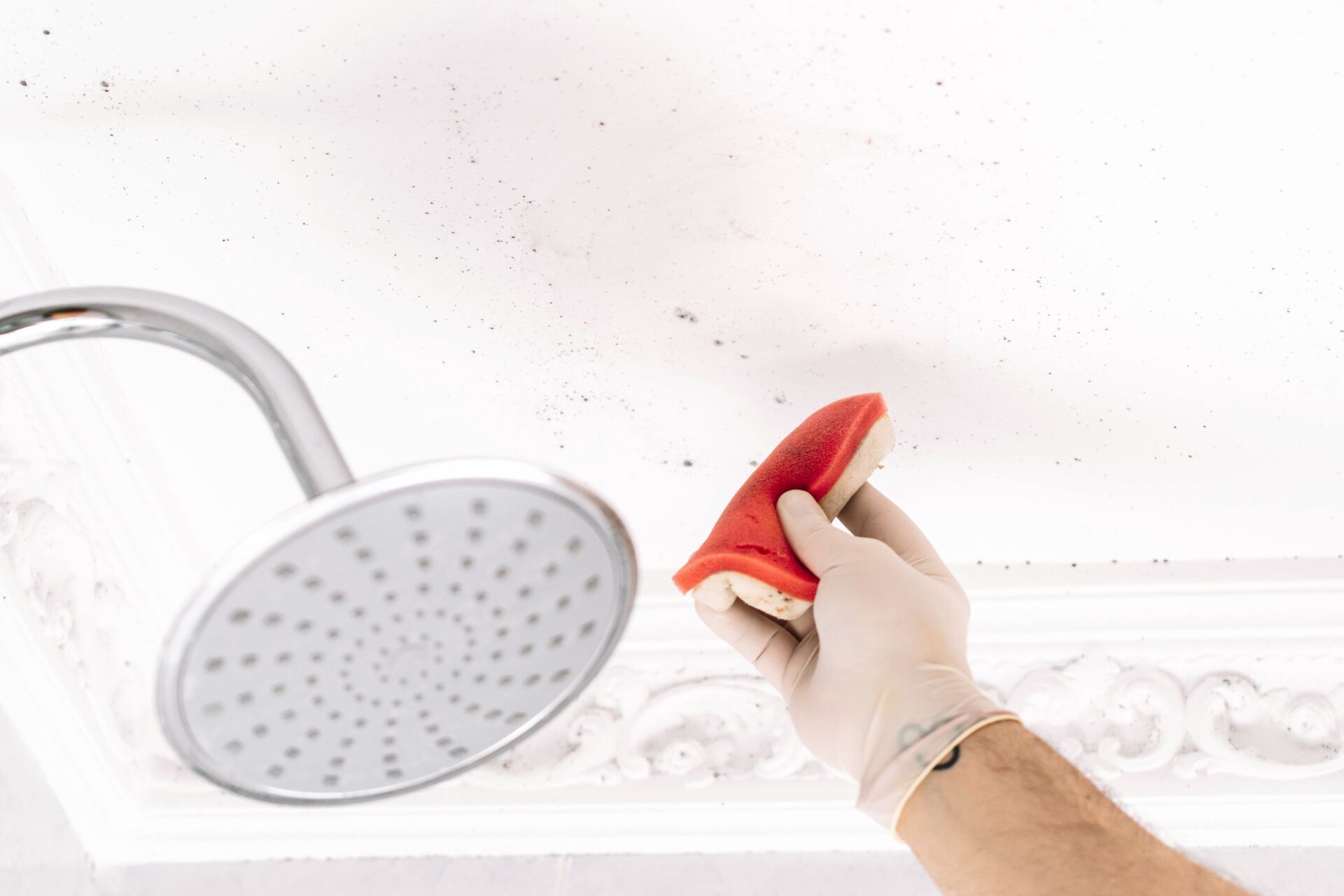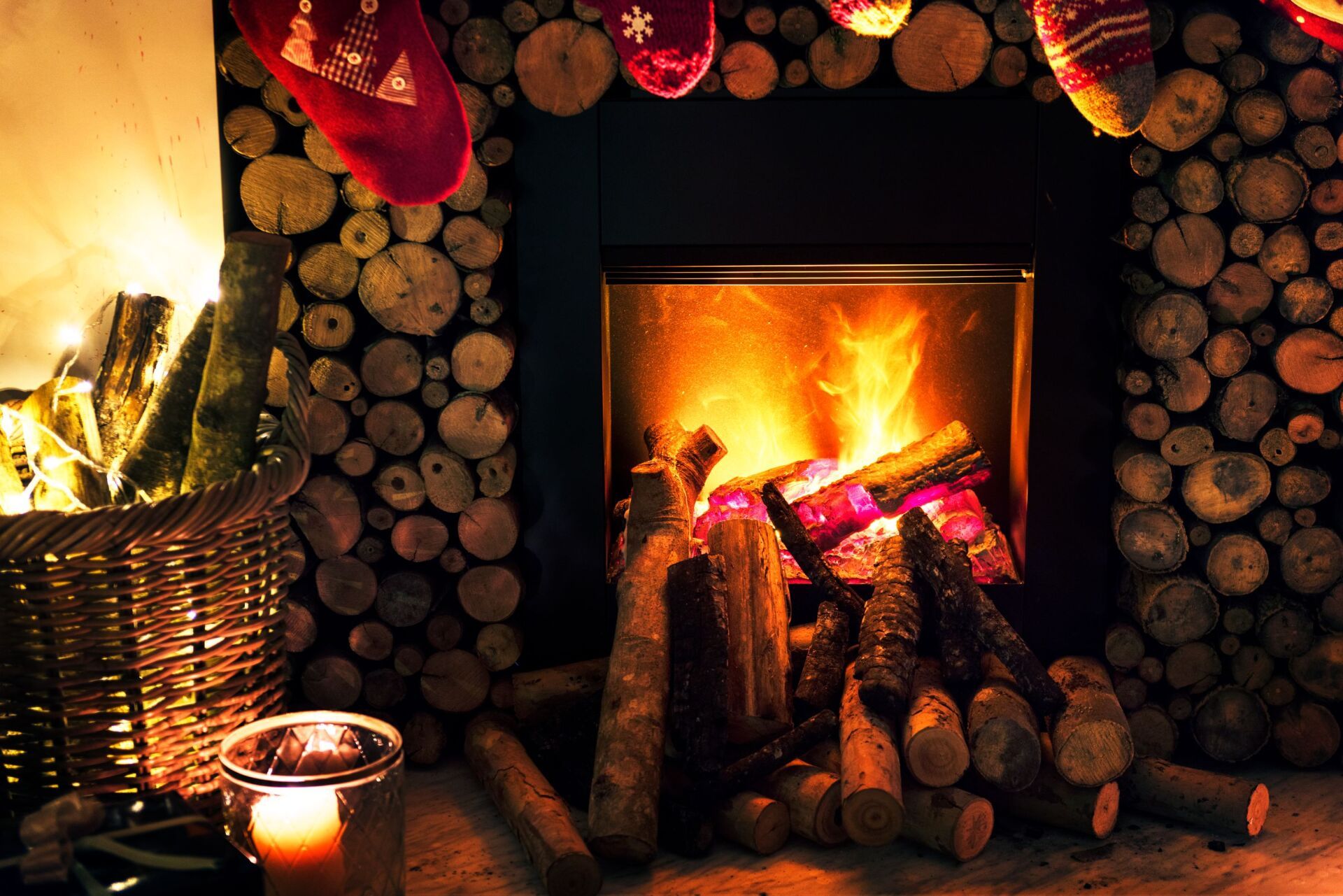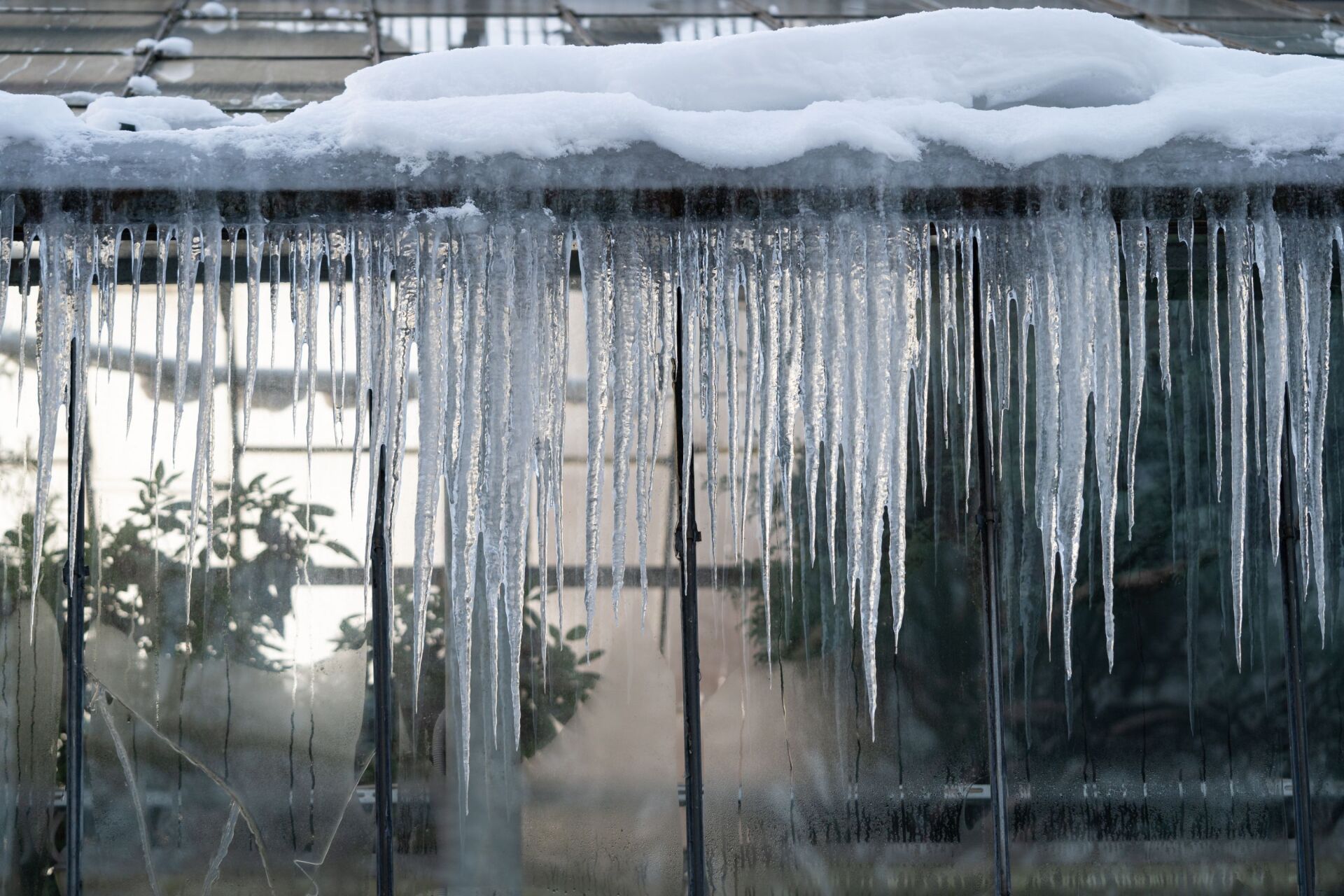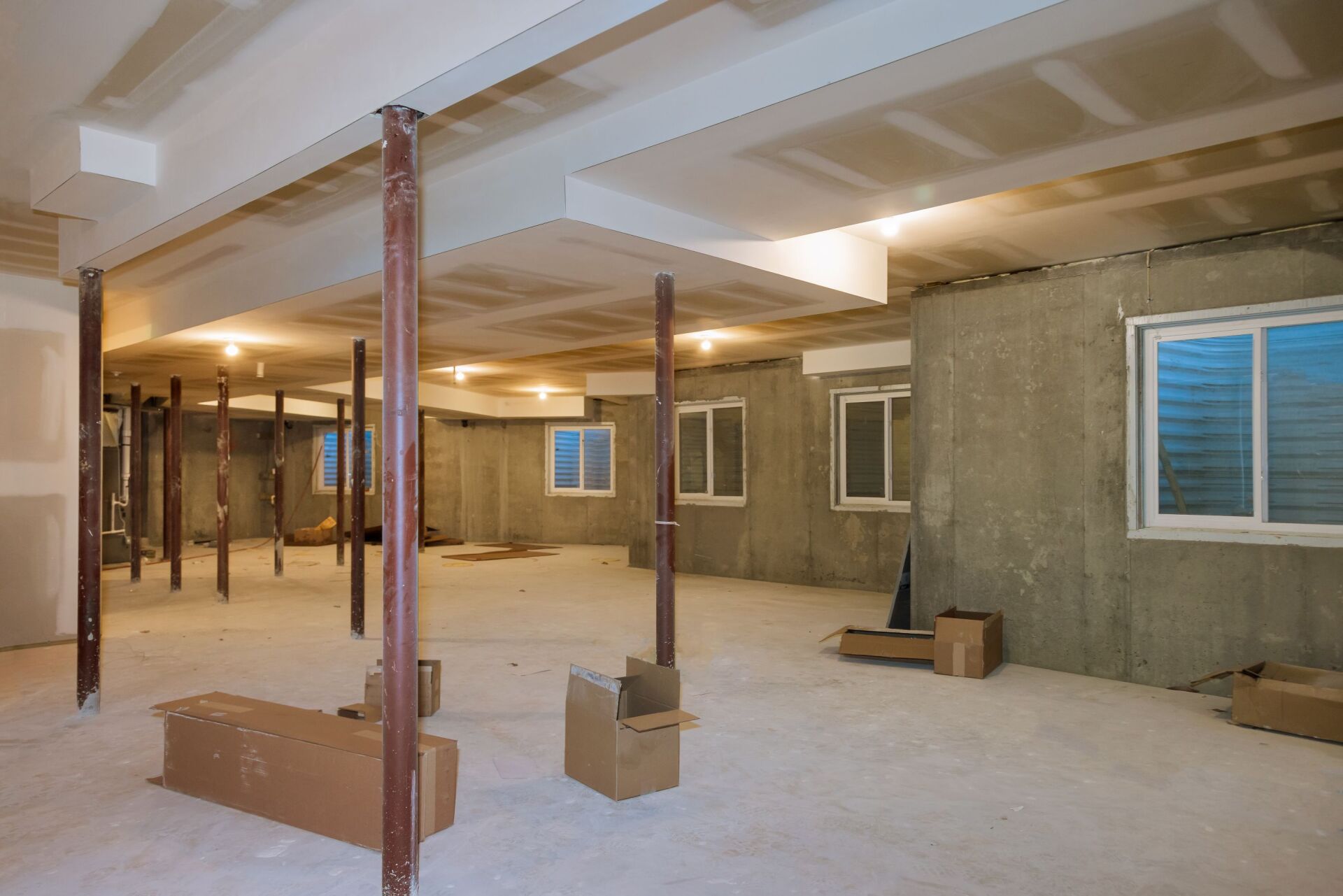Why Is Mold Remediation Necessary?
If you find mold in your home and start researching, you might hear a lot of new terms. One of the most important is "mold remediation." But what makes this term different from plain old mold removal? Here's how mold remediation works.
What Are the Differences Between Mold Removal and Mold Remediation?
The mold remediation process is a thorough set of steps that will entirely remove mold from your home. Mold removal is just one step out of many. Here are some of the extra steps that come with mold remediation:
- Containment. Any mold is carefully isolated and adjoining furniture, walls, and floors are covered so it won't spread.
- Sanitization. After mold is removed, the mold remediation process has an additional sanitization step. The entire area is sanitized with high-temperature air to kill off any remaining traces of mold. This ensures no leftover mold spores remain.
- Restoration.
Once the mold is gone, any previously moldy surfaces can be rebuilt. For example, moldy walls can have drywall patched and be repainted.
Why Is Mold Remediation Important?
Because of the many extra steps in the mold remediation process, it's the best way to ensure mold doesn't return. Without containing the spread of mold and thoroughly sanitizing the area, mold might grow back. Restoring the affected area is a crucial step in making your home feel like your own again. Mold remediation encompasses the whole process of finding, containing, removing, and restoring your home after you have mold.
How Can I Keep Mold From Returning?
The mold remediation process is the best way to take care of mold for good. By hiring a professional mold remediator, you can rest assured the process is followed correctly. A mold remediation technician can help you find both hidden mold and any sources of moisture helping the mold to grow. Then, they can start the actual process of mold remediation. Once you're through all of the steps of the mold remediation process, you can be sure that existing mold spores are completely removed and any sources of water are gone, making sure the mold will not grow back.
Leave Mold Behind With BioClean NY
At BioClean NY, we are experts in mold remediation. Since 1988, we've helped homeowners and businesses tackle their mold problems. With mold, time is of the essence which is why we offer same-day estimates. Contact us for a free inspection to get started!






